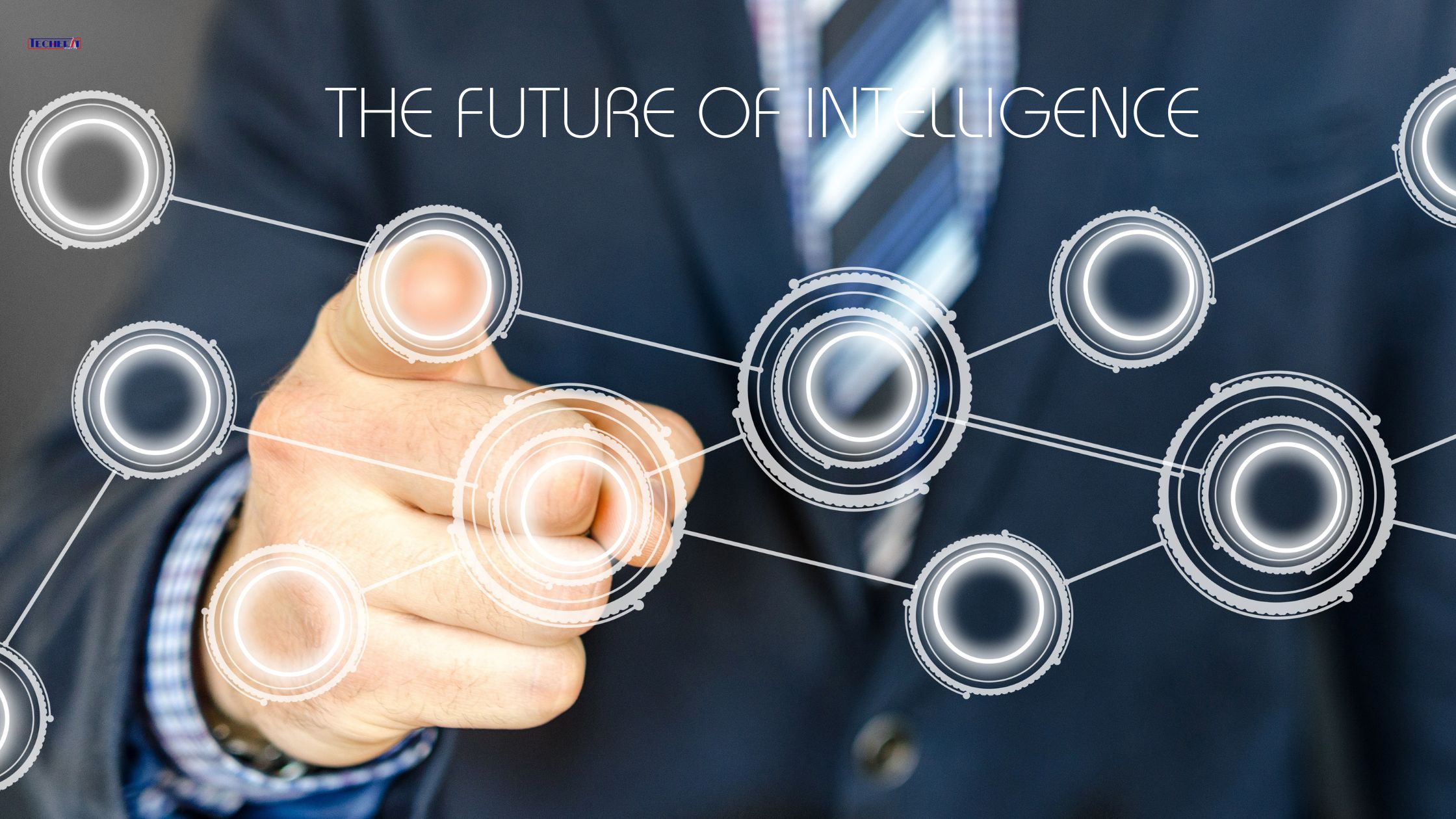In the rapidly evolving realm of technology, intelligence is advancing at an unprecedented pace, shaping the future in ways never witnessed before. This article delves into the realm of emerging future of intelligence, technologies, exploring the potential benefits and advancements that the swiftly evolving field of intelligence may usher in.
The Current Landscape: A Glimpse into Modern Intelligence
Artificial Intelligence (AI):
The forefront of contemporary intelligence is artificial intelligence (AI). This groundbreaking technology empowers machines to think, reason, and make decisions akin to humans, transforming sectors from advanced data analysis to virtual assistants.
Machine Learning:
A subset of AI, machine learning enables systems to learn from data and improve without explicit programming. This dynamic capability propels the development of personalized recommendations, autonomous systems, and predictive analytics.
Neural Networks:
Essential to AI, neural networks mimic the human brain’s structure. These linked algorithms facilitate pattern recognition, enabling machines to process information and make decisions more akin to human cognition.
The Future Unveiled: Emerging Technologies
Quantum Computing:
Quantum computing emerges as a potential game-changer, leveraging principles from quantum mechanics to solve complex problems faster than traditional computers. This opens new frontiers in intelligence processing, from cryptography to optimization issues.
Neuromorphic Computing:
Inspired by the human brain, neuromorphic computing aims for brain-inspired and energy-efficient systems. By processing sensory data, identifying patterns, and completing cognitive tasks swiftly, it could redefine computational capabilities.
Brain-Computer Interfaces (BCIs):
BCIs facilitate direct communication between the human brain and external devices. This technology has transformative potential in various contexts, including prosthetic limb control and cognitive enhancement, fostering a potential coexistence of artificial and biological intelligence.
Explainable AI:
Addressing the “black box” problem, explainable AI seeks to make the decision-making process of AI systems transparent and understandable. This enhances the reliability of AI applications, allowing for closer analysis and development.
The Possibilities: Transformations in Society and Industry
Healthcare Revolution:
Intelligence holds the promise of revolutionizing healthcare. Emerging technologies are redefining healthcare delivery, making it more precise and accessible. Examples include personalized medicine based on genetic profiles and AI-assisted diagnosis and treatment plans.
Smart Cities and Infrastructure:
As intelligence integrates into urban areas, smart cities will emerge. Optimization of city functions through IoT devices, AI-driven analytics, and autonomous systems will enhance urban life and contribute to sustainability.
Education and Learning:
AI-driven assessments, personalized learning plans, and intelligent tutoring systems are poised to reshape education. Adaptive learning platforms addressing individual needs will create a more friendly and effective learning environment.
Navigating Ethical Considerations
Embracing the intelligence of the future necessitates a careful navigation of ethical challenges. Preemptive addressing of concerns such as algorithmic bias, data privacy, and employment effects is crucial for the equitable and responsible integration of intelligence into society.
Conclusion: Charting the Intelligent Future
The future of intelligence presents an exhilarating journey into unexplored territory. Fields like artificial intelligence, machine learning, quantum computing, and brain-computer interfaces offer intriguing opportunities. Responsible embracement, coupled with vigilant attention to ethical considerations, ensures that intelligence becomes a force for humanity’s benefit, propelling us to new heights of understanding and innovation.

